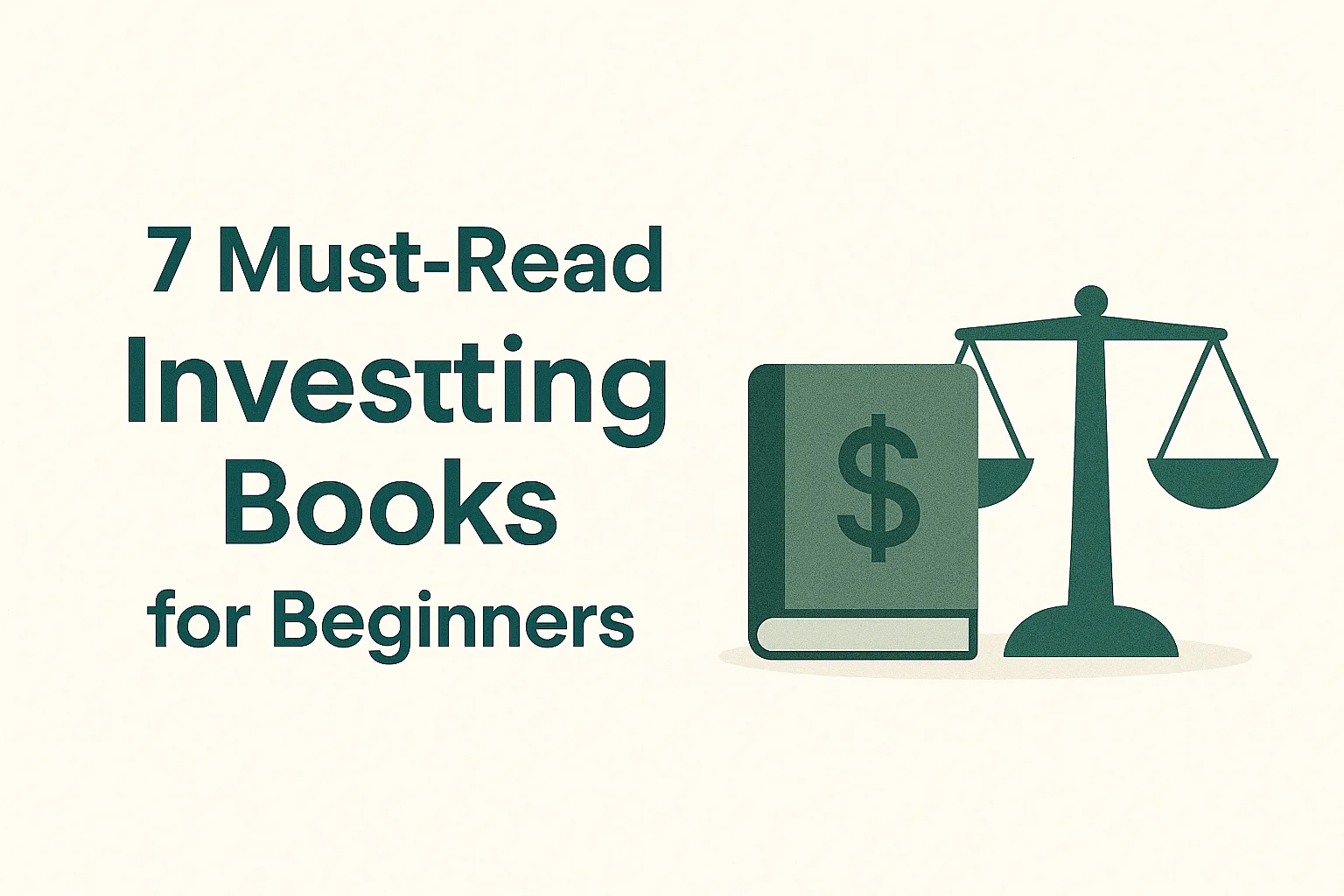Starting your investing journey can feel overwhelming—but the right book can make all the difference. Whether you’re curious about stocks, index funds, or simply want to build long-term wealth, these beginner-friendly reads offer timeless wisdom, practical strategies, and the confidence to take action.
1. The Psychology of Money by Morgan Housel
💡 Why it’s worth reading:
This book explores how emotions, biases, and behavior shape our financial decisions—often more than knowledge or skill. Through engaging stories and clear insights, Housel shows why mastering your mindset is just as important as mastering the market.
2. The Intelligent Investor by Benjamin Graham
💡 Why it’s worth reading:
A cornerstone of value investing, this classic teaches how to analyze stocks, avoid speculation, and invest with discipline. While it’s more technical than others on this list, its principles are timeless and foundational for serious investors.
3. A Beginner’s Guide to the Stock Market by Matthew R. Kratter
💡 Why it’s worth reading:
Kratter offers a clear, concise introduction to how the stock market works. From choosing a broker to placing your first trade, this book is ideal for anyone who wants to get started without feeling overwhelmed.
4. The Little Book of Common Sense Investing by John C. Bogle
💡 Why it’s worth reading:
Bogle, the founder of Vanguard, makes a compelling case for low-cost index fund investing. His advice is simple: avoid high fees, stay the course, and let compounding do the work. A must-read for long-term, passive investors.
5. Millionaire Teacher: The Nine Rules of Wealth You Should Have Learned in School by Andrew Hallam
💡 Why it’s worth reading:
Written by a Canadian educator who built a million-dollar portfolio on a teacher’s salary, this book is a crash course in personal finance and investing. Hallam’s nine rules are simple, practical, and refreshingly honest—covering everything from slashing fees to building a low-cost index portfolio. It’s especially relevant for Canadians, with insights tailored to local investing options and pitfalls.
6. One Up on Wall Street by Peter Lynch
💡 Why it’s worth reading:
Lynch encourages investors to use their everyday experiences to spot great companies before Wall Street does. His approach is intuitive and empowering, especially for those who want to invest in what they know.
7. Common Stocks and Uncommon Profits by Philip Fisher
💡 Why it’s worth reading:
Fisher focuses on qualitative analysis—looking at a company’s management, innovation, and long-term potential. It’s a great complement to Graham’s more numbers-driven approach and helps round out your investing toolkit.
🧭 Final Thoughts
Investing doesn’t have to be intimidating. These books offer a roadmap to smarter decisions, fewer mistakes, and greater confidence. Whether you’re just starting out or refining your strategy, each title brings something valuable to the table.
Happy reading—and happy investing.

